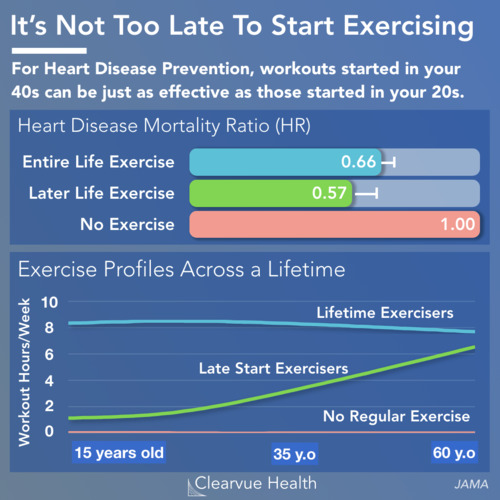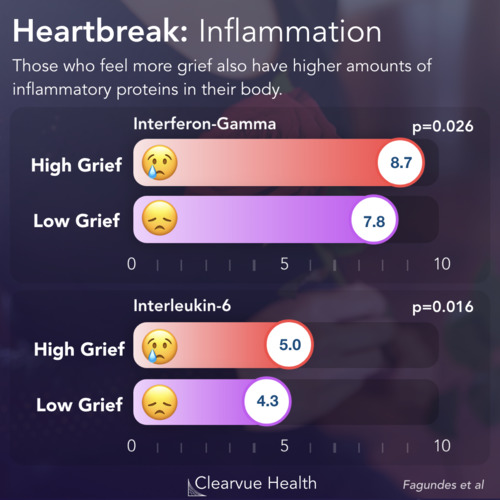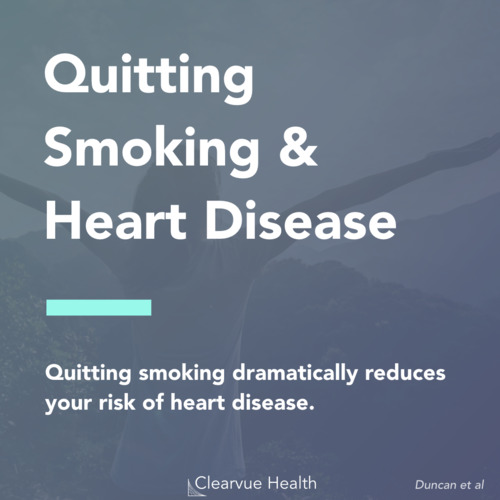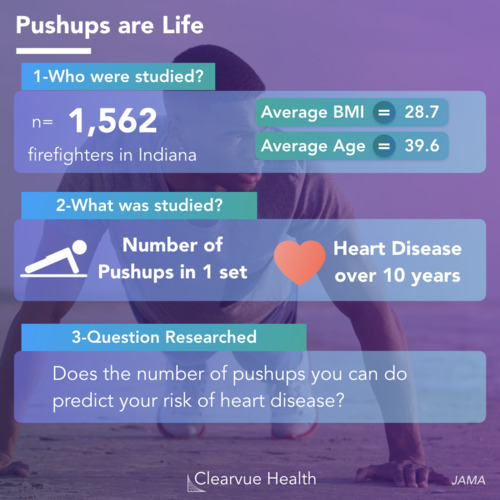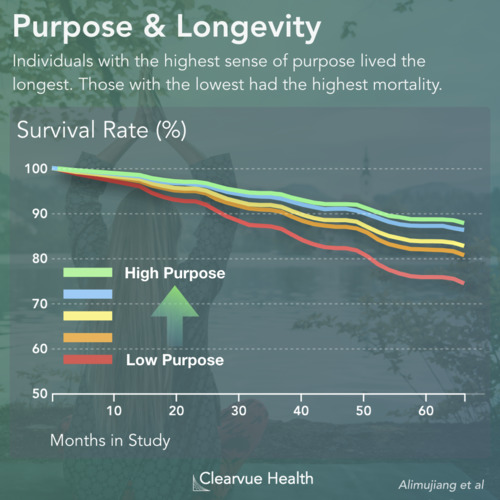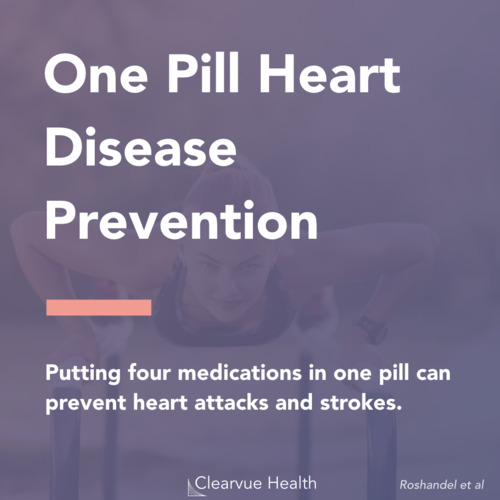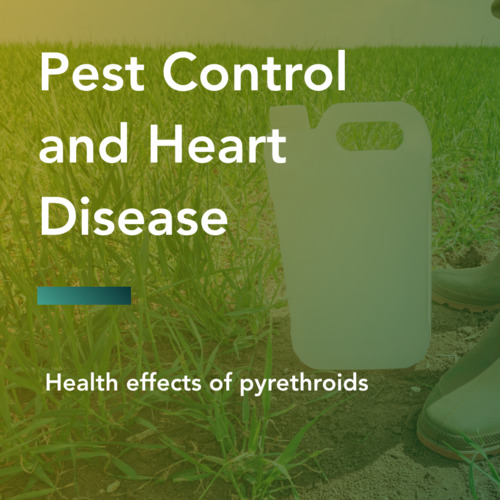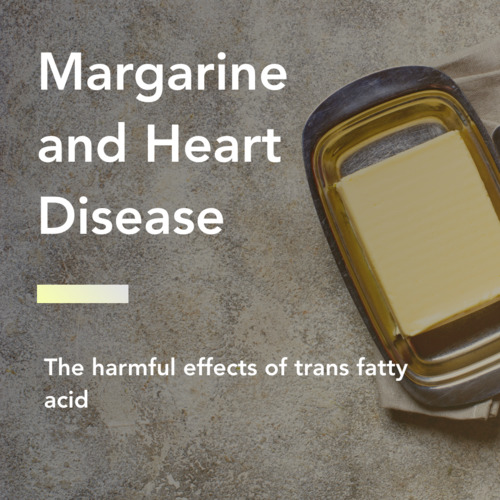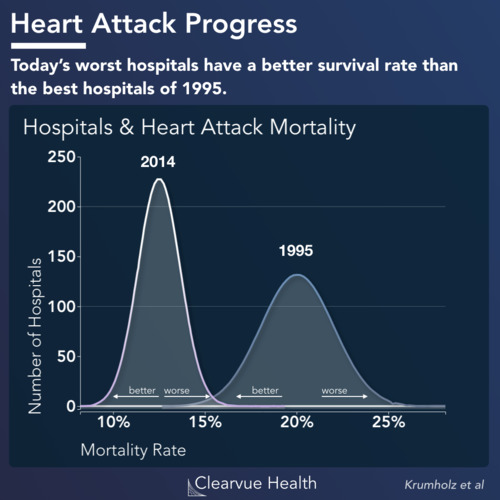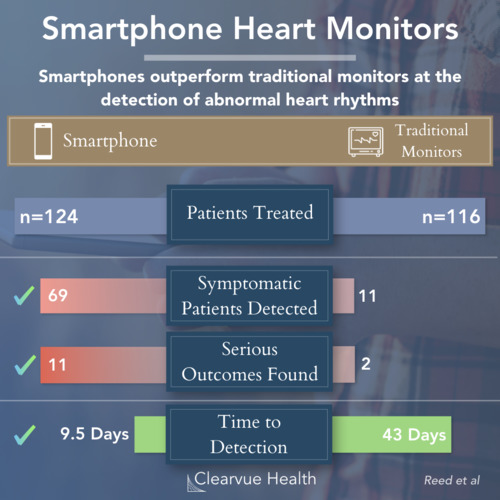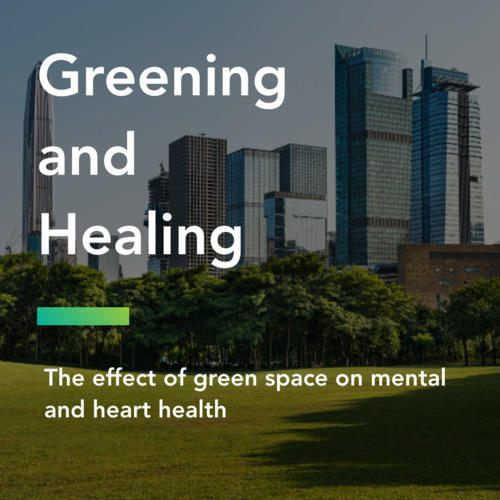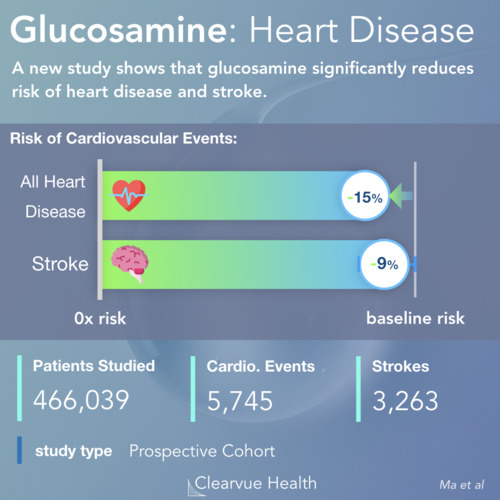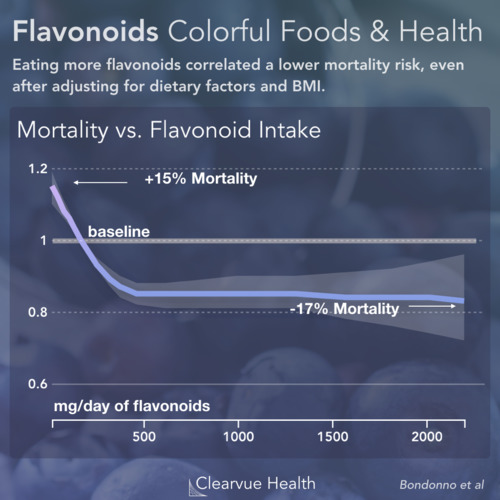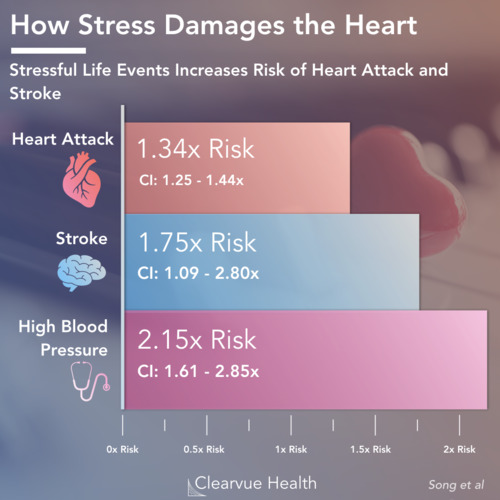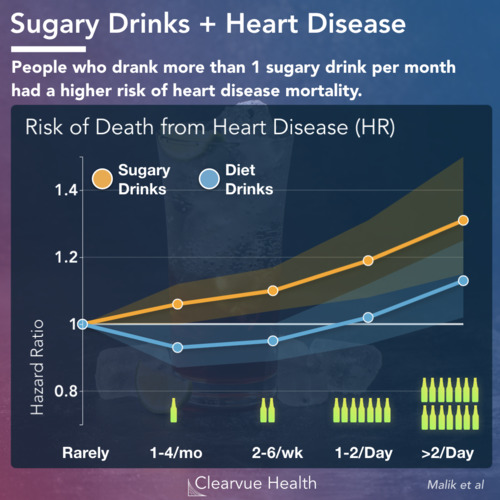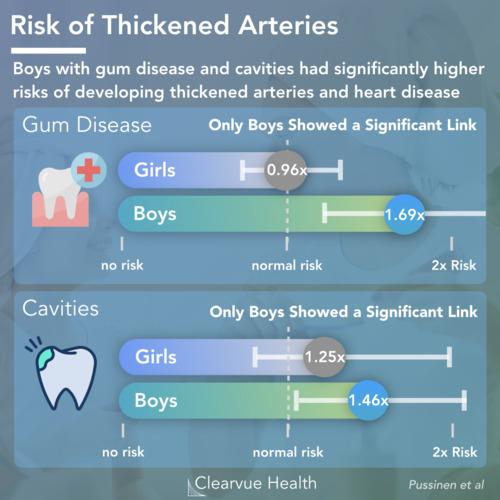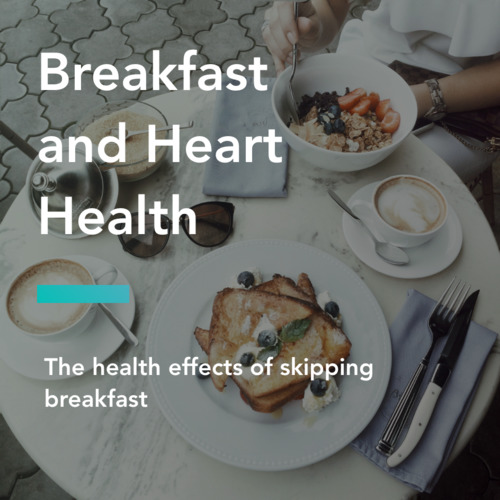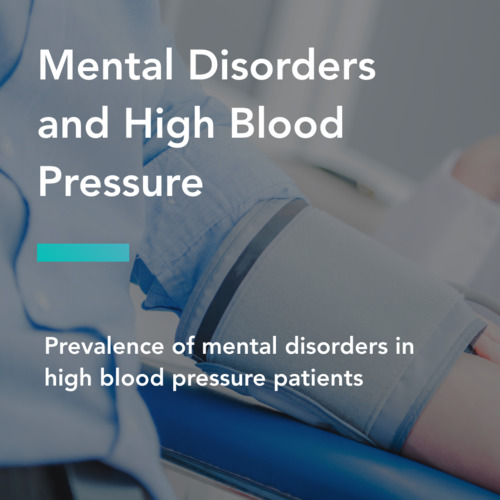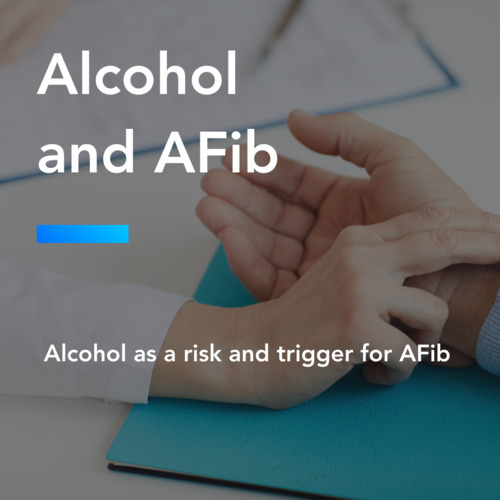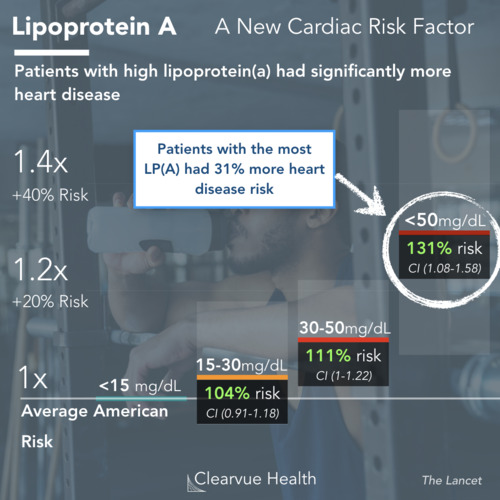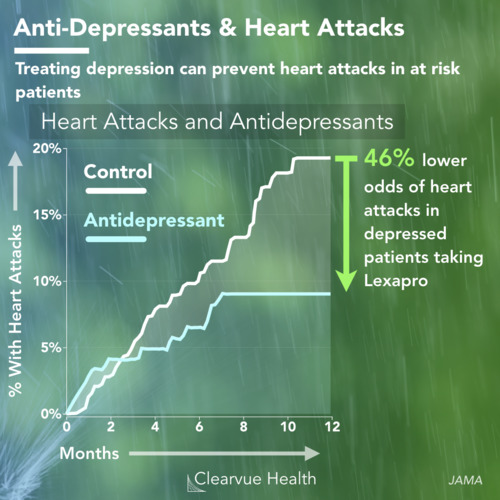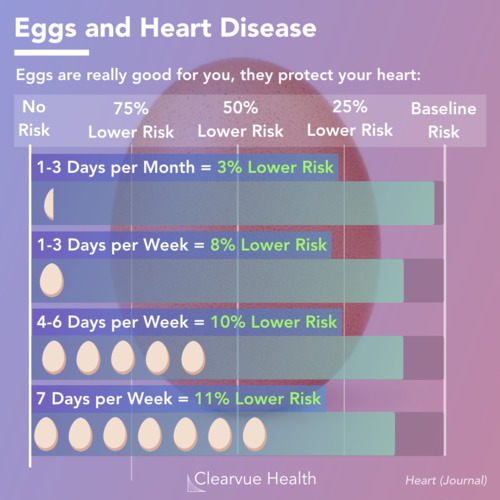Napping longer than an hour at a time is associated with an increased risk of heart disease. Napping a couple times a week could actually reduce your risk of heart disease. The perfect formula of napping is still up for debate, but there is no concrete evidence that naps lead to heart disease.
Taking a hot bath may have health benefits further than good hygiene and stress relief. A higher frequency and longer duration of bathing could reduce your risk of sudden cardiac death. Reductions in other heart conditions have been associated with hot baths such as cardiovascular disease, coronary heart disease, and stroke.
Filtered coffee is generally healthier than unfiltered coffee. Women seem to benefit more from all types of coffee than men in terms of mortality and heart health. The health benefits of coffee, regardless of filtration, are reduced after the age of 60.
A new study shows that starting a new workout routine in your 40s is nearly as good for your heart as working out for your whole life. Working out in your 20s then stopping does not appear to benefit your heart very much. These same patterns appear for cancer mortality as well.
Sadness can damage the heart through inflammation. Among volunteers who had lost their spouse, those who grieved more had higher levels of inflammation. Researchers were able to find differences in sadness and depression reflected in a simple blood test.
Quitting Smoking reduces the risk of heart disease by around 40% within 5 years. Researchers followed nearly 9000 patients to see how quitting smoking affects the risk of heart disease. They found that within 15 years of quitting, a former smoker will lose nearly all excess heart disease risk from smoking.
Pushups don't just help you look good, they are also an important health indicator. Individuals who can do 40+ pushups were shown to have a 90%+ lower risk of heart disease compared to individuals who could not do one. Alongside BMI, push-ups are a great way to quickly and easily gauge your own heart and physical health.
A strong sense of purpose in life correlates with a significantly longer life. Individuals with the lowest sense of purpose had over twice the mortality rate as those with a high sense of purpose. This was driven by increases in heart disease mortality.
Problem: It's hard to take four pills a day. Solution: Combine four medications into one. Result: 34% reduction in heart disease risk.
Common pest control products contain pyrethroids and other hazardous chemicals. Exposure to pest control products is associated with an increased odds of heart disease. Pest control exposure is also associated with a higher risk of all-cause mortality and heart disease mortality.
Margarine is a plant-based butter alternative that is made of processed vegetable oil. When processing vegetable oil, healthy fats change into trans-fatty acids. Trans-fatty acid is associated with an increased risk of heart disease.
Heart disease kills more Americans than any other disease. Fortunately, hospitals have gotten much better at treating it. Over the past 20 years, mortality and hospital readmission rates have fallen dramatically.
Smartphones have begun to make an impact in healthcare. A new study compares smartphones and traditional heart monitors for symptomatic patients. Smartphone heart monitors detected more events and helped more patients get treatment.
Greening is the process of transforming vacant lots in urban areas into green spaces with grass and a few trees. Greening can reduce feelings of depression among residents living near transformed lots. Individuals living in the greenest neighborhoods had a lower risk of developing cardiovascular disease than other neighborhoods.
Glucosamine supplements have been shown to reduce risk of heart disease and stroke in a surprising new study. Individuals who took glucosamine supplements had a 15% lower risk of cardiovascular disease and a 9% lower risk of stroke. This effect may be driven by a reduction in inflammation.
A new study suggests that eating more colorful foods may be good for you. Flavonoids, which are responsible for some colors in plants, may help you live longer. n fact, they may provide some protection against the negative health risks of smoking and drinking.
Emotional stress damages your heart and your health. New research shows significantly higher risks of heart attack and stroke after psychiatric diagnoses from stressful life events. PTSD was the most damaging stress-related disorder.
A new study has linked sugary drink consumption with an increased risk of death. Researchers followed over 100,000 healthcare professionals over several decades. They found that drinking diet drinks may significantly reduce your mortality risk.
A new study shows that poor dental health in kids can increase risk of heart disease and thickened arteries as adults. The link was stronger for boys than for girls. Thickened arteries increases risk of heart disease and stroke.
In a small sample, subjects who skipped breakfast had higher blood pressure than breakfast eaters. In the same sample, subjects who skipped breakfast had lower cholesterol. Skipping breakfast could be significantly associated with heart disease risk, but there is still a lot to learn.
A variety of mental disorders are associated with an increased risk of high blood pressure. Individuals who suffer childhood traumas are at greater risk for mental disorders and high blood pressure. Mental disorders that increase the risk of high blood pressure are most likely disorders that worsen already risky health behaviors.
Alcohol is a common trigger for individuals with AFib. Individuals who consume significant amounts of alcohol are at higher risk of developing AFib. For people with AFib, abstaining from alcohol can reduce the burden of epsiodic symptoms.
We've known for decades that LDL cholesterol raises your risk of heart disease. It turns out that LDL's little known sibling Lipoprotein(a) may be nearly just as important for your heart's health. Unfortunately cholesterol lowering medications, e.g. statins, don't appear to effectively lower it, suggesting a need for new therapies.
Depression has been linked to worse health, particularly heart health. Now, new research shows that treating underlying depression can reduce the odds of a heart attack. This adds to a growing understanding that mental wellbeing and physical wellbeing are closely linked.
A new massive study of nearly half a million people found that egg consumption is associated with protection from heart disease and stroke. The more often the patients ate eggs, the lower their odds of a heart attack. Eating egg also led to a very steep drop in their risk of hemorrhagic stroke.



